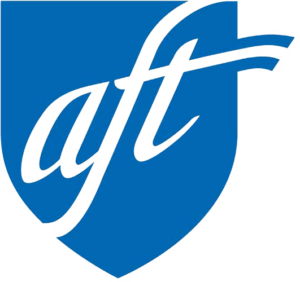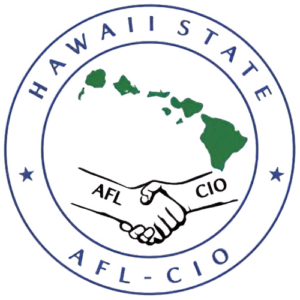The House Committee on Labor & Public Employment
Thursday, February 8, 2018
10:30 AM, Conference Room 309
RE: HB 1930 Relating to Public Employees
Attention: Chair Aaron Johanson, Vice Chair Daniel Holt and members of the Committee
The University of Hawaii Professional Assembly (UHPA) strongly encourages the committee to support HB 1930 as a means to ensure the financial integrity of UHPA so that it may fulfill its statutory duty to represent faculty members. On February 26, 2018, the United State Supreme Court will hear Janus v. American Federation of State, County and Municipal Employees Council 31, et al., which could result in no longer requiring all unionized employees to financially support the costs of collective bargaining and maintenance of benefits and protections that are provided thereby.
The Supreme Court’s decision may be rendered while the Legislature is in session. UHPA believes that being prepared for a ruling that may do harm is in the best interests of faculty members, the employer and the state. As an exclusive representative designated under Chapter 89, should UHPA be sufficiently wounded, the statutory requirement to bargain and represent may be undermined by insufficient financial resources. This is not what the legislature in adopting Chapter 89 or the voters adopting the state constitution envisioned for Hawai‘i. There was to be a balance in the relationship between the employers, the state, and the unions. This requires the financial means to have knowledgeable staff and the ability to engage in various costly endeavors including grievance arbitration.
HB 1930 protects and advances what Hawai‘i deemed to be paramount in its commitment to collective bargaining. The bill is consistent with legislative history and seeks to ensure that both the employer and union will be able to fully engage in their respective statutory roles.
Should the Supreme Court find that all activities undertaken by unions are a form of political speech, mandatory agency fees may be declared illegal. If no adaptive changes are made in Hawai‘i law, employees could then choose to pay no dues equivalent or service fee, but the union would still have to expend resources to represent them in grievances. Those bargaining unit members who refuse to share in the costs of collective bargaining would essentially be expecting their colleagues to pay for them. Commonly referred to as “free riders”, these employees would benefit from the work of the exclusive representative, but without contributing.
The Janus case does not contain any basis to change the duty of fair representation required under Hawai‘i law. Its intent is more insidious, which is to defund the union while keeping the duty of fair representation intact. UHPA believes there is nothing that precludes the Hawai‘i legislature from providing relief to unions by a slight alteration in the duty of fair representation, to allow unions to charge for services to those who choose not to pay agency fees.
This proposed legislation allows options for unions to adopt if they so choose. HB 1930 allows a union to require service fees for representation if an individual is not a union member, or agency fee payer. If an individual chooses not to pay a service fee the union does not have an obligation to undertake a grievance or arbitration on their behalf. The union remains the party that determines whether any grievance goes to arbitration. This authority is consistent with the current law.
HB 1930 maintains the union as the recognized representative to negotiate on behalf of all employees in the bargaining unit with contractual provisions applied without discriminating between those employees that pay or those that are “free riders”.
UHPA strongly urges the passing of HB 1930.
Respectfully submitted,
Kristeen Hanselman
Executive Director



